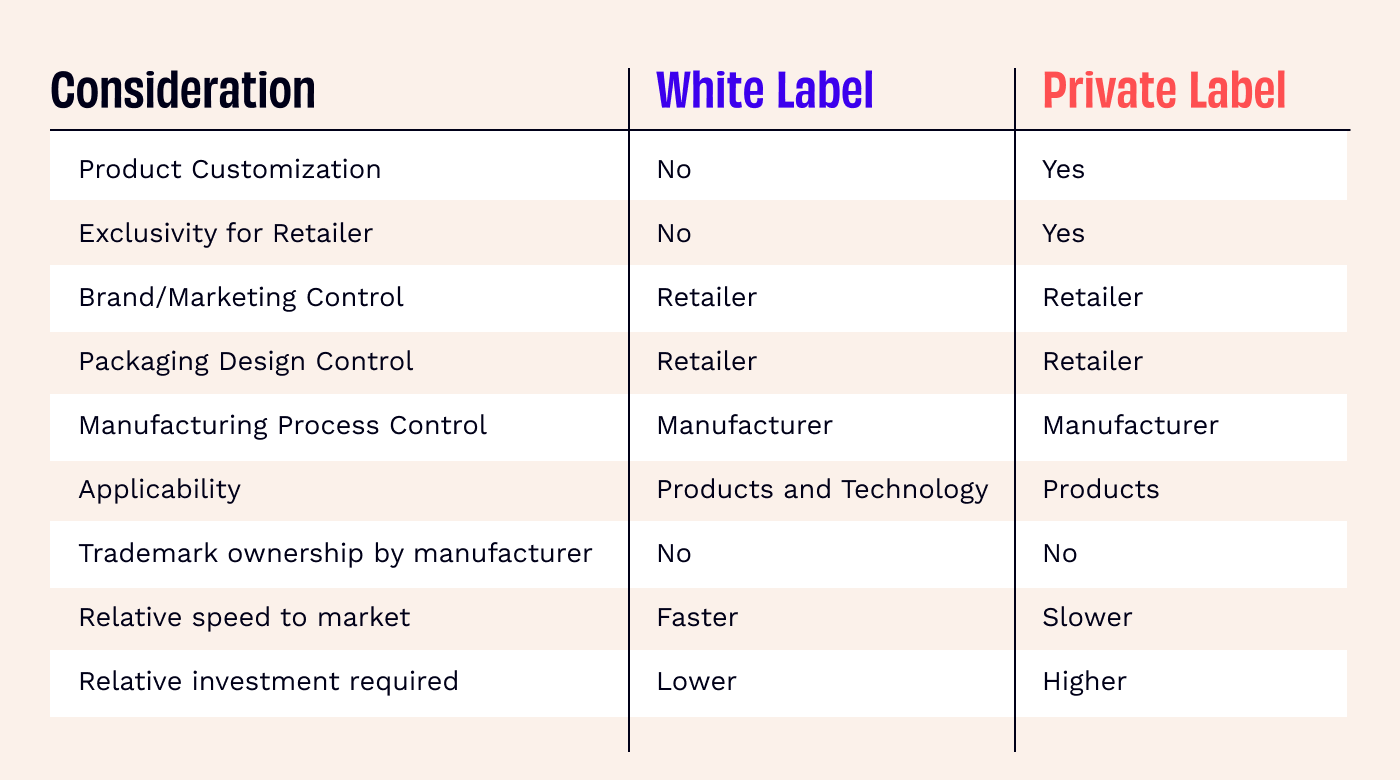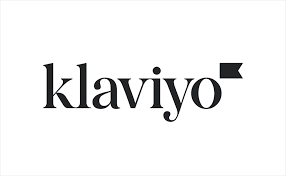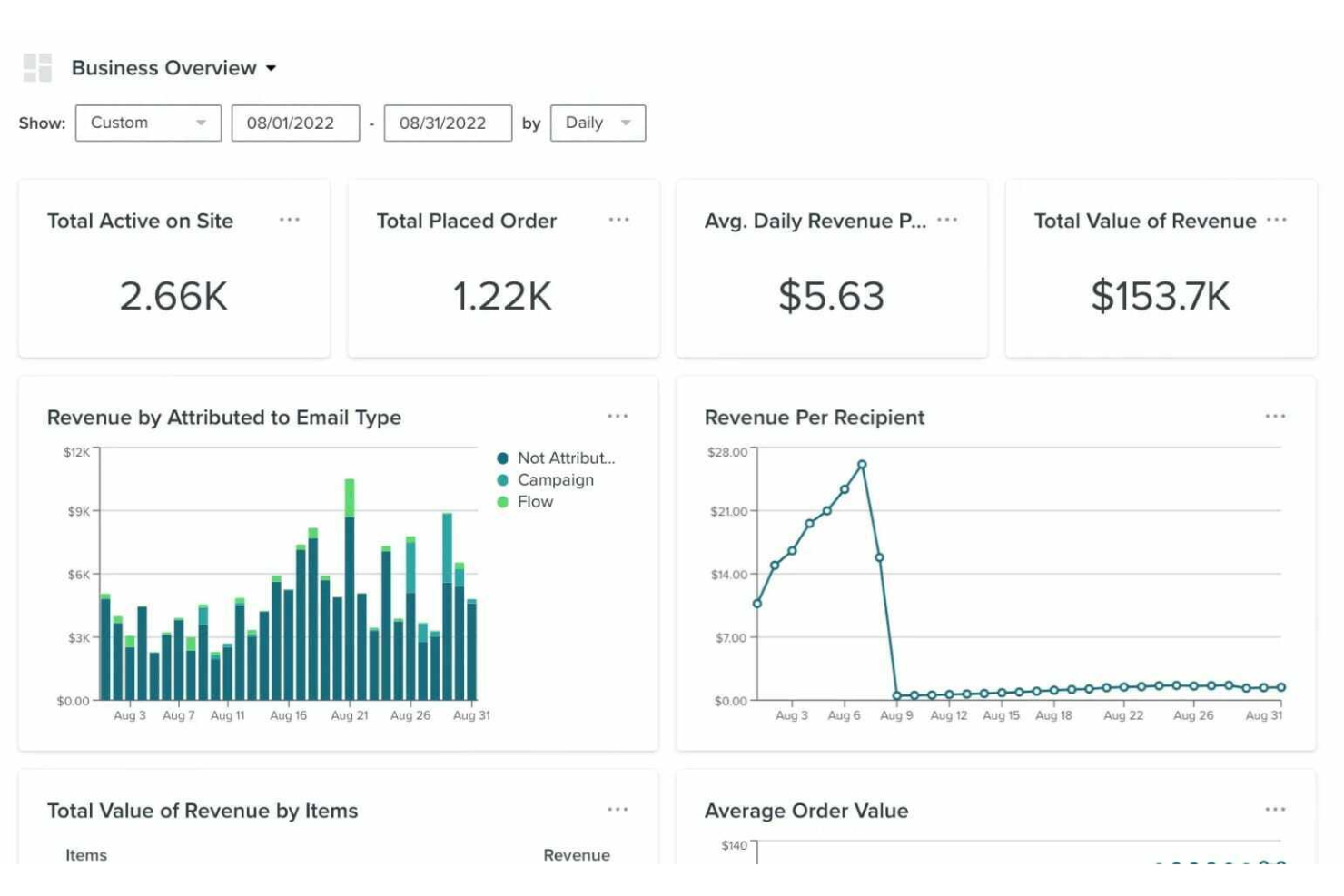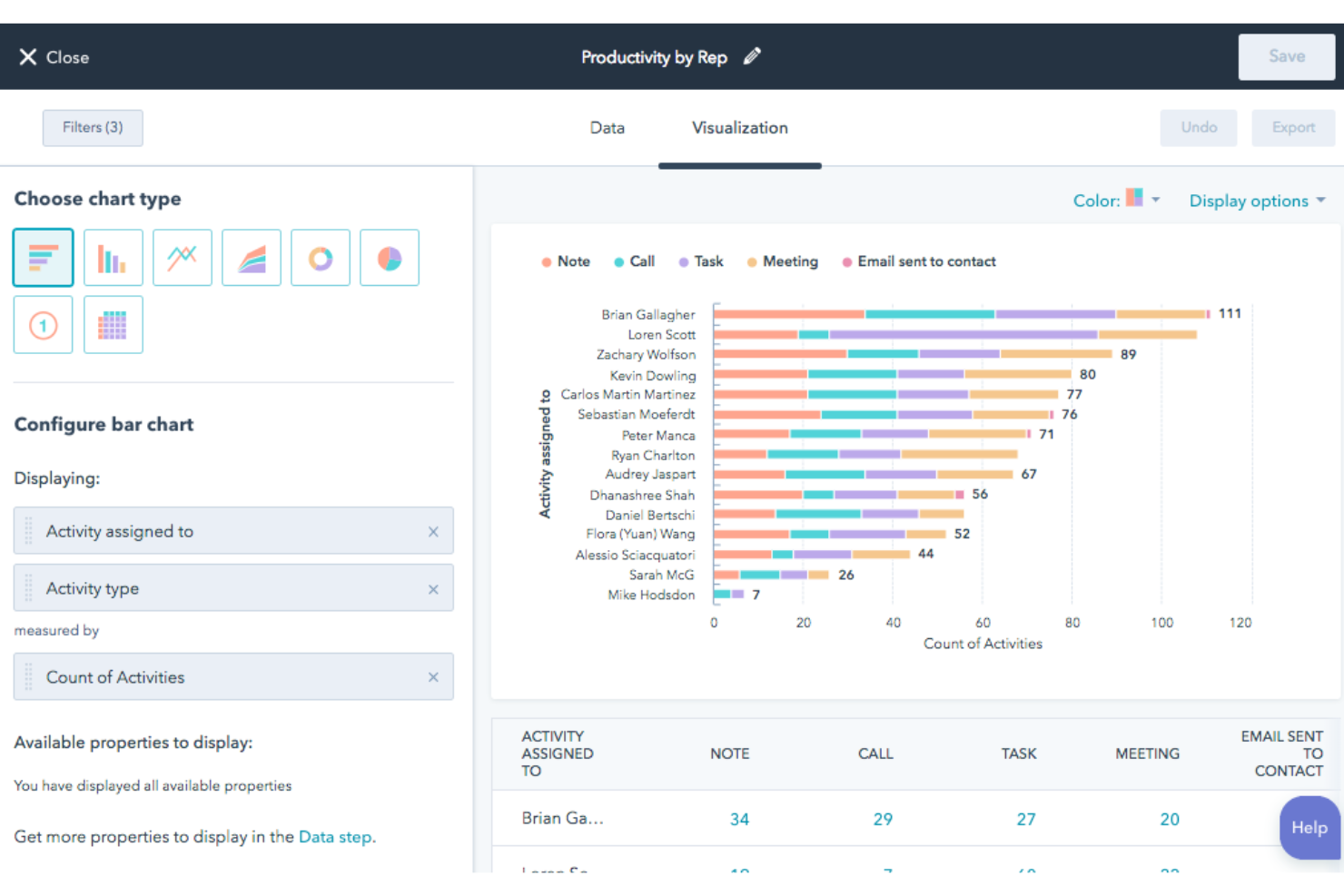10 Best White Label Marketing Software Shortlist
Here's my pick of the 10 best software from the 19 tools reviewed.
There are so many different white label marketing software solutions that making a shortlist of the best can be tricky. You want to offer comprehensive marketing solutions to their clients under their own brand name, without the need to develop the technology in-house. I've got you covered! In this post, I share from my personal experience using many different white label marketing tools, and share my picks of the best white label marketing software overall.
What is White Label Marketing Software?
White label marketing software is a type of software that is developed by one company but rebranded and sold by another company as their own product. This software is customizable, allowing businesses to add their own branding and specific features. It's commonly used by marketing agencies and service providers who want to offer a range of marketing tools and services to their clients without the cost and time of developing their own software.

Overviews Of The 10 Best White Label Marketing Software
Here’s a short description of each white-label software that showcases their noteworthy features, why I selected the software, the price, and both the pros and cons of the tool. I threw in some screenshots of the interface so you can get a better feel for the software as well.
Birdeye is a software designed to assist businesses in managing their online reputation via online reviews, listings, referrals, and more. It also offers customizable customer survey features for gathering and analyzing feedback.
Why I picked Birdeye: Surveys can be custom branded, templated, automated, added to campaigns, and sent through multiple channels. Plus, AI analytics tools help you make sense of the results. It's a highly customizable tool for soliciting and making sense of customer feedback.
Birdeye Standout Features & integrations
Features include a simple code-free survey builder, AI-powered survey analysis, SMS surveys, survey automation, custom templates, survey campaign management, NPS surveys, multiple question types, and smart rules.
Integrations include QuickBooks, Square, Zoho CRM, Zoho Books, Zoho Invoice, Pipedrive, Thryv, Keap, HubSpot, Lightspeed, and hundreds of other SaaS tools.
Pros and cons
Pros:
- Customizable surveys and review requests
- AI-powered analytics and reporting capabilities
- Competitive benchmarking included
Cons:
- No free plan or trial available
- Limited API capabilities
Klaviyo is a marketing automation software that provides tools for tools for email marketing, SMS marketing, and customer data platform (CDP) integration.
Why I picked Klaviyo: Klaviyo’s white-label program enables customization of the user interface, email templates, and notifications to align with your brand, along with the ability to manage pricing and billing structures for clients. Furthermore, it incorporates powerful automation features and comprehensive analytics, making it an ideal choice for ecommerce and digital marketing needs.
Klaviyo Standout Features & integrations
Features include email templates, branded sign-up forms, customized email footers, customized reporting/analytics, customized notifications, API access, and targeted segmentation based on behavior.
Integrations include Shopify, Salesforce, Wix, WooCommerce, Adobe Commerce (Magento), BigCommerce, Google Analytics, Facebook Ads, Instagram, Stripe, PayPal, QuickBooks, Zendesk, and Slack.
Pros and cons
Pros:
- Over 300 integrations available
- Campaign automation features
- Various email templates available
Cons:
- Setting up segments can take time
- Can get expensive with more active profiles
HubSpot is an all-in-one platform that offers solutions for marketing, sales, and customer relationship management. Integrating these modules allows businesses to unify their workflows and facilitate better collaboration and visibility across all marketing, sales, and customer-related activities.
Why I picked HubSpot: Through HubSpot's Partner Program, agencies can take advantage of white-labeled materials through Campaign Kits. These kits include customizable resources and promotional content such as email and landing page copy, allowing agencies to maintain their branding while leveraging HubSpot's tools.
Standout Features and Integrations
Features that stand out aside from its white-labeling capabilities include SEO tools, customizable dashboards, templates, lead scoring, content management, social media management, workflow automation, and reports and analytics.
Integrations include Slack, Zapier, Microsoft Dynamics, Shopify, Salesforce, Google Analytics, Mailchimp, WordPress, Eventbrite, SurveyMonkey, Zendesk, and hundreds more.
Pros and cons
Pros:
- Good content management features
- Automaton capabilities
- Tools for marketing, sales and CRM in one
Cons:
- The partner program can be expensive
- Initial setup and customization may require significant time
BrightLocal is a local SEO and citation management platform that helps businesses improve their online visibility in local search results. With tools for local search audit, citation building, and reputation management, it's a must-have tool for businesses looking to attract more local customers.
Why I picked Brightlocal: BrightLocal is an easy-to-use SEO and reputation management tool that offers white labeling capabilities. It helps businesses improve their local SEO rankings and manage their online reputation.
Standout Features and Integrations
Features include tools to promote your business locally such as local search ranking tracking, local citation building, and review management tools.
Integrations include several other software platforms, including Google My Business, Facebook, and Yelp.
Pros and cons
Pros:
- Provides detailed reporting and analytics for local SEO campaigns
- Offers a comprehensive audit tool for analyzing website and SEO performance
- Provides a range of local SEO tools, including citation tracking and Google My Business management
Cons:
- Limited customization options for some tools and features
- Can be expensive for businesses with multiple locations or larger service areas
Xtensio
Best for creating professional business documents and presentations
Xtensio is a platform for creating professional business documents and presentations. With a range of customizable templates and drag-and-drop tools, it's a great tool for businesses looking to create polished and effective marketing materials.
Why I picked Xtensio: Xtensio has an easy-to-use dashboard. It's also easily customizable and offers several tools for creating and sharing visual documents.
Standout Features and Integrations
Features include its drag-and-drop editor, customizable templates, and real-time collaboration tools so distributed teams can work together on digital marketing and sales assets.
Integrations include several other software platforms, including Google Drive, Slack, and Trello.
Pros and cons
Pros:
- Offers a free version with limited features
- Provides collaborative tools for team members to work together on projects
- Offers a range of templates and tools for creating proposals, presentations, and other business materials
Cons:
- Limited integration with other business tools and platforms
- Limited customization options for advanced users
Vendasta is a white label digital marketing platform that offers a range of services, including SEO, PPC, social media management, and reputation management. With an easy-to-use dashboard and customizable reports, it's a powerful tool for businesses looking to offer digital marketing services to their clients.
Why I picked Vendesta: I picked Vendesta because it offers a comprehensive suite of tools that can help agencies manage their clients' online presence. Its strong white label capabilities allow businesses to fully customize the platform's branding, including logos, colors, and domains, ensuring a seamless integration with their own brand.
Standout Features and Integrations
Features include tools for reputation management, listings management, and social media management focused at individuals and companies that sell digital solutions to local businesses.
Integrations include several other software platforms, including Salesforce, HubSpot, and Google My Business.
Pros and cons
Pros:
- Offers a range of pre-built marketing campaigns and materials for resellers
- Provides a comprehensive dashboard for managing multiple clients and campaigns
- Offers a range of white label digital marketing tools for businesses, including SEO, PPC, and social media management
Cons:
- Higher pricing plans can be expensive for small businesses
- Can be overwhelming for businesses new to digital marketing and reselling
Mailchimp is a popular email marketing platform that helps businesses create and send targeted campaigns to their subscribers. With features like automation, e-commerce integration, and audience insights, it's a powerful tool for growing and engaging an email list.
Why I picked Mailchimp: Mailchimp offers white labeling email marketing capabilities for its agency partners. I picked this software because it offers a user-friendly interface. It also has great tech support to help you with any challenges you may come across while using the software.
Standout Features and Integrations
Features include all of the ‘must-haves’ in an email marketing platform—drag-and-drop email builder, automation workflows, and A/B testing capabilities—but what I love about MailChimp is how the devs packed such a powerful email marketing tool into a platform that is so simple and straightforward even, dare I say, a monkey could use it.
Integrations include several e-commerce platforms, including Shopify, WooCommerce, and Magento.
Pros and cons
Pros:
- Offers a free version for small businesses and individuals
- Provides a built-in design tool for creating landing pages and signup forms
- Offers a range of pre-built automation workflows for email campaigns
Cons:
- Higher pricing plans can become costly for businesses with larger email lists
- Limited design customization options compared to other email marketing platforms
Mention
Best for social media monitoring and online reputation management
Mention is a social media monitoring and online reputation management platform that helps businesses track and analyze their online presence. With real-time alerts, sentiment analysis, and competitor tracking, it's a powerful tool for managing a brand's online reputation.
Why I picked Mention: I picked Mention because its social media monitoring capabilities make it especially useful in helping digital agencies monitor and manage their online brand reputation.
Standout Features and Integrations
Features include real-time monitoring, sentiment analysis, and influencer tracking to see who is talking about you online. I guess sometimes it IS good when people are talking about you behind your back.
Integrations include several other software platforms, including Slack, Trello, and Google Analytics.
Pros and cons
Pros:
- Offers customizable reporting and analytics for social media performance
- Provides sentiment analysis to help businesses understand customer opinions and reactions
- Offers real-time social media monitoring and listening capabilities
Cons:
- Limited integration options with third-party tools and platforms
- Can be expensive for businesses with larger social media followings or higher engagement rates
Adroll is a retargeting and prospecting platform that helps businesses reach and convert their target audience across multiple channels. With features like dynamic ads, personalized messaging, and powerful analytics, it's a must-have tool for any business looking to increase conversions and revenue.
Why I picked Adroll: AdRoll is easily customizable, allowing it to be easily integrated into a business’s current marketing strategy. It allows businesses to reach out to their customers with its ad targeting and optimization tools.
Standout Features and Integrations
Features include its dynamic ad retargeting capabilities, cross-device targeting, and AI-powered optimization (and more buzzwords, too). That’s all just a fancy way of saying Adroll is designed with tools to help D2C brands better understand their customer’s behavior and buying habits, and create a customer experience that spans multiple digital and physical channels
Integrations include several e-commerce platforms, including Shopify, Magento, and BigCommerce.
Pros and cons
Pros:
- Offers advanced reporting and analytics capabilities for ad performance
- Uses machine learning to optimize ad targeting and bidding
- Provides a range of advertising options, including display, social media, and email retargeting ads
Cons:
- Ad designs are limited to pre-built templates and may not offer as much customization as other platforms
Criteo is a personalized advertising and retargeting platform that helps businesses reach their target audience with relevant ads. With white label marketing automation features like dynamic retargeting and real-time bidding, it's a powerful tool for driving conversions and revenue.
Why I picked Criteo: Criteo is a white label software that offers multiple ad targeting and optimization tools. It also has several features to help drive relevant traffic to your business.
Standout Features and Integrations
Features include its dynamic retargeting capabilities, cross-device targeting, and AI-powered optimization.
Integrations include several e-commerce platforms, including Magento, Shopify, and WooCommerce.
Pros and cons
Pros:
- Offers personalized ad recommendations based on user behavior and preferences
- Provides a range of advertising options, including display, social media, and video ads
- Uses machine learning and AI to optimize ad targeting and bidding
Cons:
- Higher pricing plans can be costly for small businesses
- Limited customization options for ad design and layout
The 10 Best White Label Marketing Software Summary
| Tools | Price | |
|---|---|---|
| Birdeye | From $299/month | Website |
| Klaviyo.com | From $45/month | Website |
| HubSpot Marketing | From $800/month + $45/month for additional seats | Website |
| BrightLocal | From $35/month | Website |
| Xtensio | From $15/month | Website |
| Vendasta | From $359/month | Website |
| Mailchimp | From $13/month | Website |
| Mention | No price details | Website |
| AdRoll | From $36/month | Website |
| Criteo | From $1/click. | Website |

Compare Software Specs Side by Side
Use our comparison chart to review and evaluate software specs side-by-side.
Compare SoftwareOther White Label Marketing Software Options
Here are a handful more worthy options that didn’t quite make the best white label marketing software list:
How I Selected the Best White Label Marketing Software
Here’s a summary of the main selection and evaluation criteria I used to develop my list of the best white label marketing software for this article.
Core Functionality
White labeling is the process of branding a product or service as your own. Businesses and marketing agencies must be able to customize the product or software to fit their brand and specifications.
Key Features
I assessed the features and functionality of each software, looking for comprehensive white label marketing tools that include at least the following key features:
- Social media management tools: This feature enables businesses to manage their social media brands, by planning and scheduling social media content in advance. This ensures consistency in messaging and frequency of posts.
- Email marketing features: It’s important that white label marketing software enable businesses to properly categorize and target their email subscribers based on specific criteria.
- SEO creation and analysis: There’s no use creating a website if no one is going to see it. This helps businesses optimize their website content by making it relevant and visible to search engines.
- Content creation: The software should enable you to plan, create and publish various types of content, including blog posts, videos, infographics, and social media posts.
- Reporting and analysis: Data is an invaluable resource. Reporting and analysis tools are essential in helping you to track and measure your performance across various channels
Usability
I examined the user experience of each software. I looked at how easy it is to use the software, the quality of customer support, and if their white label capabilities are hard or confusing to implement. I also looked at the availability of training resources such as video tutorials, documentation, and webinars, which can be helpful for businesses that are new to white labeling.
Integrations
Integrations are a crucial factor when choosing a white label marketing software. I looked at the integration capabilities of each software and checked if they integrate with popular marketing tools such as Google Analytics, Facebook Ads, and HubSpot. I also considered if they offered custom integrations, API access, and other advanced integration options.
Pricing
Pricing is a significant factor for businesses, especially those that are just starting out. I analyzed the pricing plans of each software, looking at their affordability and whether the cost matches the overall value. I also looked at the flexibility of their pricing plans and whether they offered discounts for annual or bi-annual subscriptions. I made sure that the prices were relatively reasonable—for example, a medium-sized department could expect to pay anywhere from $50 to $1000 a month for a white label tool, depending on the features and functionalities needed.
Customer Support
Finally, businesses need to consider the quality of customer support offered by the software provider. Great software should offer responsive and helpful customer support through multiple channels, including phone, email, and live chat. They should also have a comprehensive knowledge base that provides solutions to common issues.
People Also Ask
Here are a few answers to some of the most frequently asked questions about white-label marketing software.
What are the advantages of using white label marketing software?
What is the difference between API and white label?
Other Marketing Software Reviews
Marketing software comes in all shapes and sizes, from social media platform management to website and product reporting. You'll probably need several tools to cover the whole gambit of needs. Here are some other software review lists that I recommend checking out:
What next?
Choosing the right white labeling software is vital in helping your business streamline its marketing efforts and provides you with a competitive advantage. I’ve provided some good options, but it’s up to you to decide which ones are right for you.
To stay up-to-date with the latest marketing trends, sign up for The CMO newsletter. It's packed with insightful articles and practical tips to help you take your marketing efforts to the next level.




















